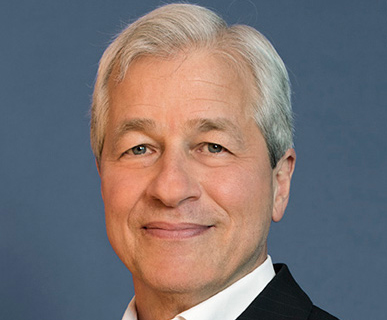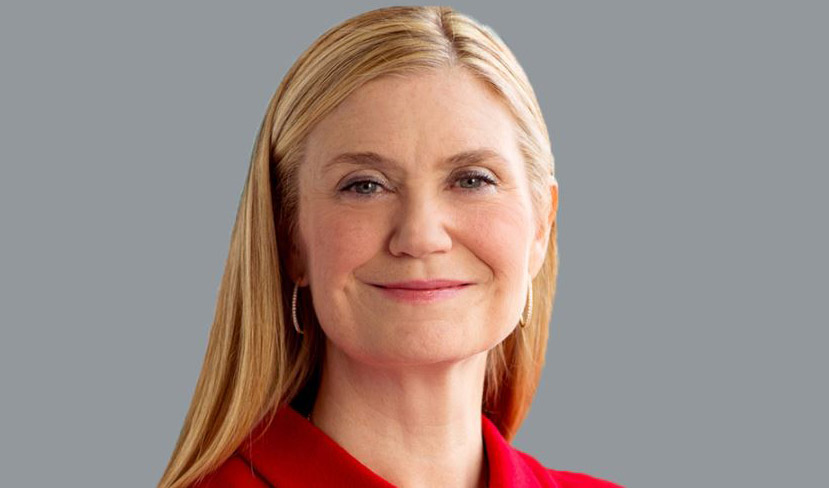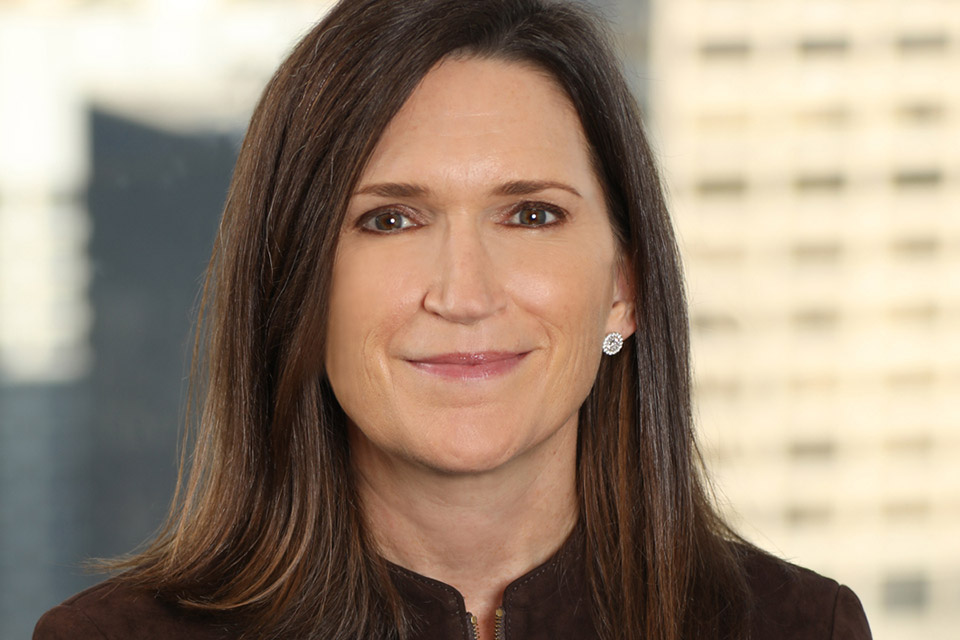Jamie Dimon set the succession clock ticking at JPMorgan’s investor day on Monday, when he said the timetable for his departure is no longer his perennial estimate of five years.
Dimon’s suggestion that he might remain as chairman after anointing a new chief executive is not unduly controversial, but risks overshadowing his successor – as well as complicating corporate governance for JPMorgan, which fended off a proposal to appoint an independent chairman by a surprisingly narrow margin of under 60% of shareholders at this week’s annual meeting.
Similar proposals were rejected by wider margins by Bank of America and Goldman Sachs shareholders in April.
JPMorgan adopted a general policy of separating the chair and CEO roles when Dimon steps down as chief executive a couple of years ago, but the perception lingers that its board will adopt whatever stance suits the bank’s longstanding leader.

Dimon is rightly hailed as the top banker of his generation. His successful campaign to thwart a plan for aggressive implementation of the Basel III bank capital rules in the US is just the latest example of Dimon leading from the front.
He reportedly came up with the strategy of bypassing the Federal Reserve’s vice-chair for supervision, Michael Barr, and instead lobbying Fed chair Jerome Powell to revisit the Basel III plan.
Dimon also spoke publicly, forcefully and repeatedly about his views on the risks of a capital plan that is now being reviewed for extensive changes by regulators.
But when it comes to his own succession, Dimon seems to be taking a page out of the Morgan Stanley playbook.
Contenders
The senior management reshuffle that JPMorgan announced in January can be viewed as an attempt to copy the succession strategy that Morgan Stanley implemented last year – and to avoid the corporate bloodletting that accompanied the last Goldman CEO turnover in 2018.
Morgan Stanley convinced outsiders that there were three contenders in the race to succeed James Gorman as chief executive, after he announced his plan to step down in May last year.
Dan Simkowitz, head of investment management, was unexpectedly elevated to the role of supposed joint front runner, alongside the firm’s co-presidents Ted Pick and Andy Saperstein.
As Euromoney suggested at the time, Simkowitz may have received this surprise promotion to nominal contender to diminish the perception that Pick and Saperstein were in a death match that would inevitably lead to the departure of the losing candidate.
Pick eventually got the CEO nod in October – to the surprise of virtually no one – while Gorman was able to convince the two other bankers to stick around as co-presidents, with juicy loyalty bonuses to keep them sweet.
Whichever candidate emerges as the chief executive-elect is unlikely to have much advance warning about whether or not Dimon intends to stay as chairman
The JPMorgan management reshuffle in January performed a similar function. The perception had taken hold that Marianne Lake and Jennifer Piepszak were in a two-woman race to succeed Dimon. The fact that the two former chief financial officers of JPMorgan were also co-heads of consumer and community banking until January heightened the impression that one would win and the other lose.
The decision to shift Piepszak to a role as co-head of a retooled commercial and investment bank and to promote Troy Rohrbaugh to be her co-head followed the Morgan Stanley succession template by broadening the internal candidate pool to three names.
By touting asset and wealth management head Mary Erdoes as a plausible fourth candidate, JPMorgan can even go a step further, as befits a bank that is bigger than Morgan Stanley.
And three of the four candidates are women, which presents a contrast to both Goldman and Morgan Stanley, with their dearth of female leaders running revenue producing divisions.
Positioned for success
In truth, Lake and Piepszak are probably still the two front-runners to succeed Dimon, with little to give clues to outsiders about the likely eventual winner.

Lake is now sole head of JPMorgan’s biggest single division by revenue, the consumer and community bank, which generated $70 billion last year. Piepszak is co-running the new commercial and investment bank unit that is similarly sized in revenue, at $63 billion last year, and that was highlighted as “positioned for success” at the start of JPMorgan’s investor day on Monday.
Both Piepszak and Lake will know that any stumbles could lead to a shift in the balance of succession probability towards longer-shots Erdoes or Rohrbaugh, however.
Whichever candidate emerges as the chief executive-elect is unlikely to have much advance warning about whether or not Dimon intends to stay as chairman.

Dimon probably intends to steer JPMorgan through what could be a momentous US presidential election in November. After that, his plans are anyone’s guess. He is regularly mentioned as a potential Treasury secretary, most often in a future Democratic administration though more recently as an unlikely Trump subordinate, which would at least provide some odd-couple entertainment value.
Dimon certainly seems to have a growing relish for the political stage. His shareholder letter in April had as many policy prescriptions as a typical party manifesto.
He is comfortable mixing with elected politicians. On a brief trip to London in May, Dimon told a UK TV host that he had met “Rishi” (Sunak, the current British prime minister) and “Keir” (Starmer, Sunak’s likely successor) and confirmed that he is broadly OK with the policies of both men, which must have been a relief to them as they prepare for a general election on July 4.
Dimon also has something of a bromance developing with French president Emmanuel Macron, as they bond over technocratic visions of a future made better by bankers.
But a more likely scenario than a formal political role for Dimon is that he will simply anoint a successor as JPMorgan chief executive, while retaining his position as chairman.
This decision will ultimately be made by JPMorgan’s board, as Dimon often stresses, but his dominance of the bank over two decades makes it unlikely that other directors will oppose his will.
Banquo’s ghost
If Dimon does decide to keep the chairman role, he would be well advised to set a clear time limit on his tenure.
Gorman kept the position of Morgan Stanley chairman when Pick was appointed as the next chief executive, but he said in late 2023 that he intends to leave by the end of this year.
And while Gorman was Pick’s boss for many years, he never fostered the cult of personality that surrounds Dimon at JPMorgan.
Gorman also has a much lower public profile than Dimon, whose every utterance as a supervisory chairman at JPMorgan would be scanned for implicit criticism of the bank’s next chief executive.
Dimon would not just risk becoming Wall Street’s equivalent of Banquo’s ghost at the feast in the play Macbeth, shaking his gory locks (or distinguished grey locks to be more accurate) at his petrified successor, he might also fuel the perception that corporate governance at JPMorgan is adjusted to suit whatever Dimon wants at any given time, and that this could continue even after he steps down as CEO.
Dimon will deservedly reap praise when he eventually calls time on his two decades running JPMorgan.
He should resist the temptation to spoil this send-off by interfering with his successor’s decision-making for any more than a brief handover period.




